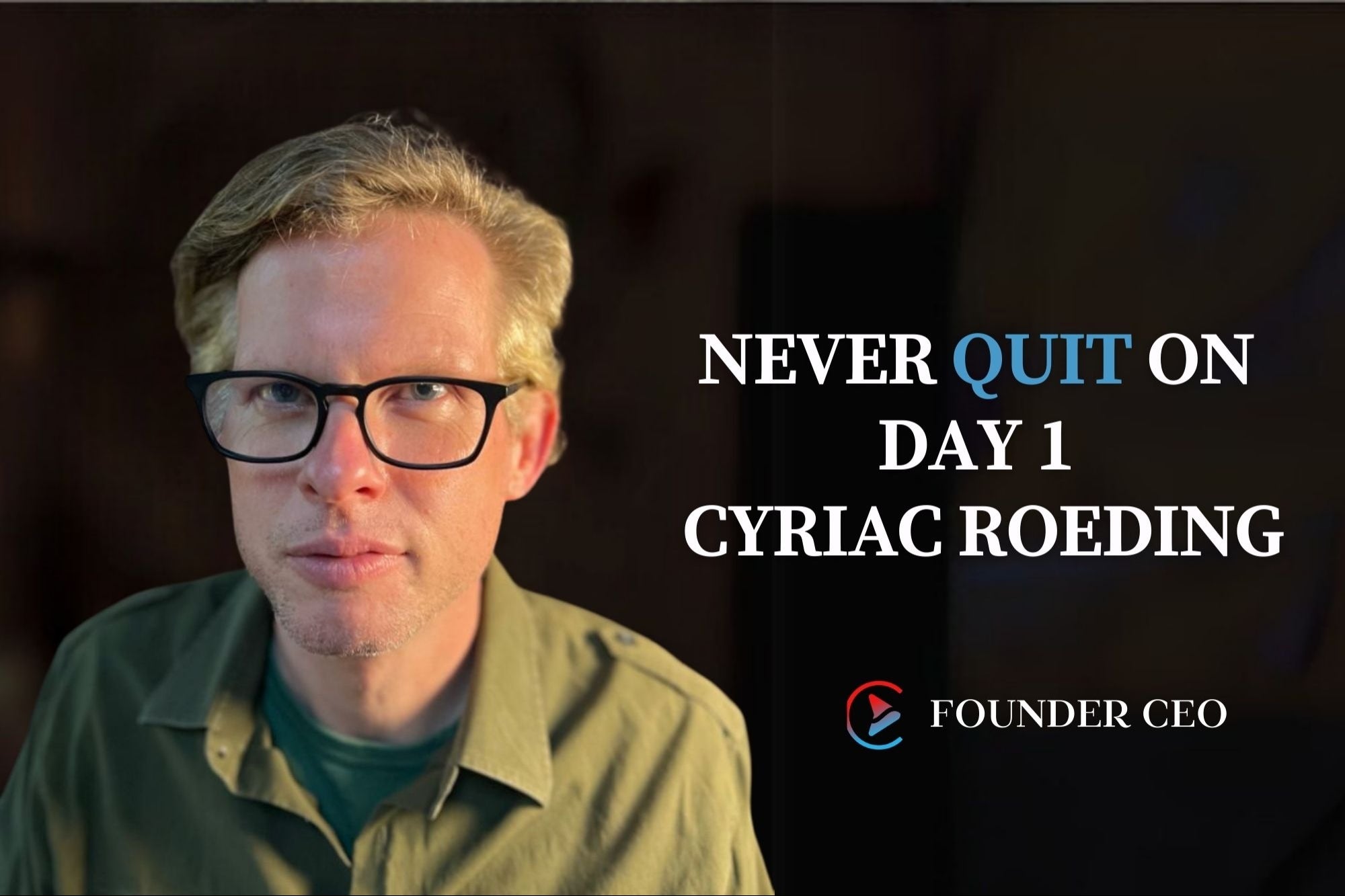How to Tell if Your Social Media Efforts Are Paying Off Monitoring and measuring your social media efforts is essential. Here are the two metrics to watch.
By Scott Levy
Opinions expressed by Entrepreneur contributors are their own.

In his book Tweet Naked, online marketing expert and social media agency CEO Scott Levy provides the critical information entrepreneurs need to craft a social media strategy that will boost their brand and their business. In this edited excerpt, the author offers tips that can help you figure out how to monitor and measure your social media efforts.
Social media success means different things to different businesses. Your initial goals for using each platform will determine which results will matter most to your business.
Conversion is a significant metric to track. Conversion is defined as the number of visitors, usually illustrated as a percentage, who take or complete a desired action. Such conversions can have different meanings for different types of businesses. For example, a retail or ecommerce business will define conversions as making a purchase. For a lead-generation website, conversion means a customer has "opted in" and will allow the business to contact the customer again. A successful conversion for them is defined as someone who has registered their interest and filled in a contact form.
Conversions are typically determined by the action, or actions, the business expects visitors to perform. Many business owners and social marketing directors spend a lot of time trying to find ways to improve conversion and conversion rates. A conversion rate is the percentage of conversions out of the total number of visitors. By using tracking application software, you can determine the number of views and the subsequent number of conversions. Calculating the ratio is simple: Divide the number of conversions by the number of total views, then multiply the result by 100 for your conversion rate.
For example, if you had 200 total views and 6 conversions, you would divide 6 by 200 and get 0.03. Multiplying that by 100, you get a conversion rate of 3, meaning you can expect to have 3 conversions for every 100 customers, or 3 percent of your views would lead to conversions.
Conversion rates will vary depending on numerous factors such as type of product, price point, marketing reach, geographic location, market share, etc. You need to measure conversion rates based on your goals and your industry. If you're looking to sell $10,000 pianos, you'll likely have a lower conversion rate than if you're selling a $10 item. You also need to take into account your cost for each conversion. While social media is less expensive than buying ads, you're still paying a social media team. Is it costing you $5 per conversion or $50 per conversion? How many conversions will lead to sales, and will those sales make the conversion rate worth your efforts? Only you can review your conversion rates in conjunction with your budget.
The other significant metric to track is your return on investment (ROI). The goal of ROI is to determine how much your investment--in money and hours spent, manpower, etc.--is paying off. ROI is used by most businesses to determine whether their investments are profitable. It's a simple formula: First, subtract the cost of the investment from the amount gained from the investment. Then, divide that sum by the cost of the investment.
If your gain from an investment is $50,000 and your costs are $10,000, take the difference--$40,000--and divide it by the cost, or $10,000. Your ROI is then 4, meaning you're making $4 for every $1 you invest.
The key to accurately determining your ROI is to take all your expenses for social media marketing into account, so you can see how much you're actually spending to get visitors, fans, likes, followers or conversions. Your expenses include how much you're paying your social media team; how much you're paying for computers and software; how much you're paying for giveaway items, and so on.
There is also what's called hidden ROI--intangibles that are harder to calculate. For example, how much is it worth to have a customer who hated your business accommodated in such a way that it turned them into a steady customer? How much are free giveaways worth to you? How much is your video on YouTube that went viral paying off? There are many intangibles that are difficult to measure without more sophisticated tools and many hours of tracking, so try putting an estimated number on them.
You may also find that ROI can be best measured over time. For example, the social media efforts used to build a personal brand for an NBA star might not pay off immediately, but it does after a few seasons when he gets commercial endorsements. A TV station can first measure ROI by an increase in viewers. If the station runs a contest that goes viral and gets shared 25 million times, it may then see a 5 percent increase in ratings. It can then track the number of sponsors that purchase time on the station due to the higher ratings. That can determine the dollar value of the station's ROI over time.











